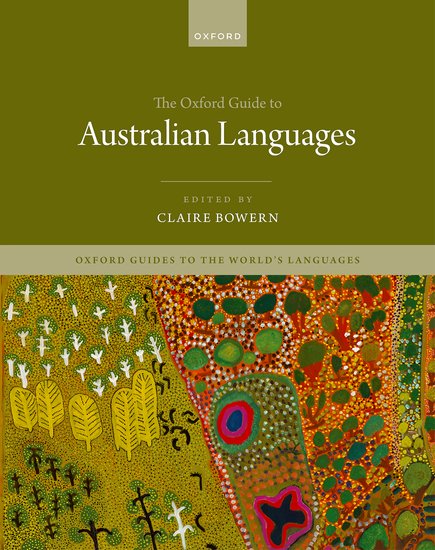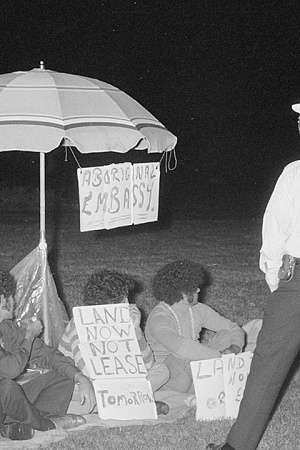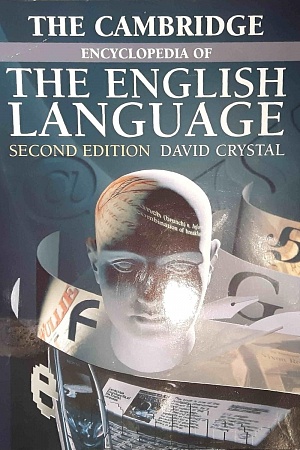The Oxford Guide to Australian Languages
Oxford University Press, £145 hb, 1,168 pp
‘Treasure every word’
Kado Muir – a Ngalia man – will never be able to have another conversation in his mother tongue. He tells the story of witnessing each of his elders dying and, in the process, his language. Successively, he had fewer and fewer people to communicate with. In the case of his language community, younger contemporaries shifted to English as the language exerted its colonial power – until at last Kado Muir became the last speaker of Ngalia.
Kado Muir’s story is not unique. He is not the only one to experience such a devastating loss, nor will he be the last. Of the approximately five hundred Indigenous languages of Australia, only thirteen continue to be passed down to the next generation. Even these are at risk. Each lost language had a last speaker, one who endured the same pain.
Language, however, is not lost in isolation. The relentless forces of colonisation have severed and continue to sever the connection to generations of accumulated knowledge, stories, and traditions. Ultimately, language documentation is no panacea. It can’t restore everything that’s gone, but it serves as a resilient counter-measure in modern Australia, helping to shape the future vitality of Indigenous Australian languages.
Continue reading for only $10 per month. Subscribe and gain full access to Australian Book Review. Already a subscriber? Sign in. If you need assistance, feel free to contact us.
















Leave a comment
If you are an ABR subscriber, you will need to sign in to post a comment.
If you have forgotten your sign in details, or if you receive an error message when trying to submit your comment, please email your comment (and the name of the article to which it relates) to ABR Comments. We will review your comment and, subject to approval, we will post it under your name.
Please note that all comments must be approved by ABR and comply with our Terms & Conditions.